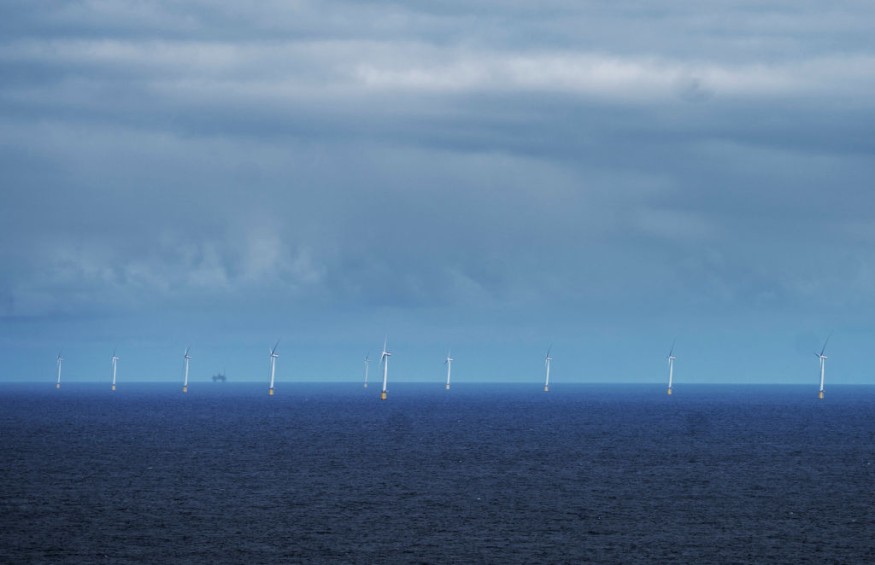Norway is expected to implement controversial deep-sea mining to improve the collection of metals for green technologies. However, environmentalists warned of the environmental and marine life effects of mining.
According to the IUCN, deep-sea mining can hunt for metal deposits that can have widespread impacts on many marine species. The extraction of mineral deposits can cause noise pollution and destroy the habitats of many animals.
The biodiversity and life underwater will be significantly affected as companies try to excavate moderate deposits in the deep sea for batteries, solar panels, and other green technologies.
In Norway, the report showed that the country is expected to allow part of its national waters for commercial deep-sea mining, reaching about 280,000 sq km (108,000 sq miles).
Environment Problems and Deep-Sea Mining Plans

The IUCN warned of the potential effects of deep-sea mining including the following:
- Decreased reproduction
- Seafood contamination
- Carbon transport
- Respiratory distress
- Reduced feeding
- Pollution
- Sediment plumes
- Seafloor disturbance
In the plan, Noway explained that studies will be conducted before authorities license mining companies with environmental standards. Underwater can be rich in mineral deposits, including lithium, cobalt, and scandium.
Before companies conduct the mining activities and are given a license, the report said they need to submit proposals, including where to drill.
However, experts warned that controversial deep-sea mining could have a devastating impact with costly environmental damage. Many unique wildlife underwater suffer from the consequences of mining.
Recently, over 100 European politicians sent an open letter to the government to stop the decision to deep mining. About 800 global marine scientists from 44 countries wrote about the potential risks of mining.
The scientists warned that it could only add to the ocean stressors, causing an alarming and irreversible loss of ecology and biodiversity. It can cause behavioral and physiological stress to marine animals in the deep sea.
In addition, experts advised that there is a need for rigorous scientific knowledge about deep-sea ecosystems. The report added that little is known about the deep sea, and the decision can have widespread aftermath and risk, which is likely extremely difficult to extract.
Also Read : Record Temperatures in Florida Threaten Corals' Health, Survival As Colorful Reefs Turn White
More About Deep-Sea Mining: The Threat to Marine Ecosystem
The areas underwater in the Pacific Ocean are rich in minerals and wildlife, from manganese, cobalt, and other deposits needed for green technologies. A recent article pointed out the growing interest in the said activity is due to reduced emissions.
However, the studies showed the large-scale aftermath of deep sea mining as rising temperatures and climate change already threaten seas.
Related Article: Gene-Editing Helps To Protect Wheat From Extreme Weather, Climate Change, New Report Shows
For more similar, don't forget to follow Nature World News
© 2026 NatureWorldNews.com All rights reserved. Do not reproduce without permission.





